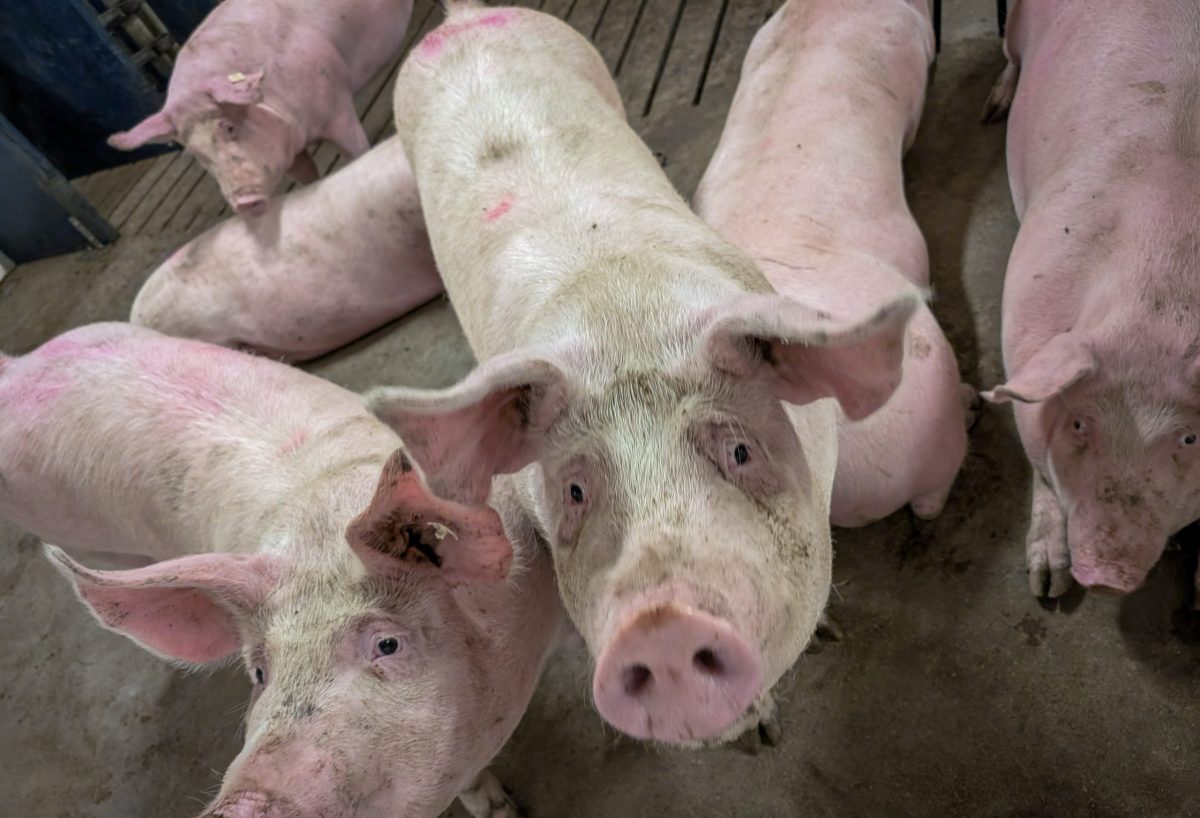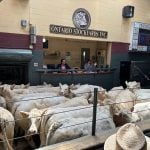CNS Canada — More people have applied for jobs in Canada’s agribusiness sector as of late, according to an industry researcher, but some agricultural sectors still face a critical labour shortage.
“People have said that they have received more resumes this year than in previous years,” said Debra Hauer, project manager at the Canadian Agricultural Human Resource Council (CAHRC).
Most of those jobs are in agribusiness rather than on-farm — jobs such as input suppliers, truck drivers and positions in marketing, sales and finance, she said.
Read Also

U.S. livestock: Cattle, hogs rise
Chicago cattle and lean hog futures continued to climb on Wednesday.
One reason for the increase in applicants could be oil field job losses, but Hauer said it’s too soon to tell what difference that could mean for the agricultural job market long-term.
Alberta’s natural resource industry shed about 30,000 jobs throughout 2015, according to Statistics Canada, due to sinking crude oil prices.
“There may be some people who are running out of EI (employment insurance) at this point in time, and may be running out of other options — that’s just starting out,” Hauer said.
But there hasn’t been any significant increase in the number of people applying for on-farm jobs, Hauer said.
The CAHRC is wrapping up research on current and future agricultural workforce needs, but will not release the final results until about mid-March.
The only piece of advance data released by the CAHRC shows a labour shortage of about 8,000 jobs in the cattle industry, which includes ranches and feedlots, but excludes food processing.
“A person cannot necessarily leave work at the end of the day,” Hauer said. “That’s the difference between agriculture and many other sectors of the economy.”
Hauer said it’s not that the cattle industry has a more pressing shortage than other sectors, but it is the only piece of information currently available.
“It’s so people can start to understand that there is a shortage in the beef industry, but there are shortages in other sectors as well.”
— Jade Markus writes for Commodity News Service Canada, a Winnipeg company specializing in grain and commodity market reporting. Follow her at @jade_markus on Twitter.















